
Guardians of Privacy and Care: The Role of Hospital Room Doors
- By:hqt
- 2023-10-12
- 29
Hospital room doors, often regarded as mundane fixtures within healthcare infrastructure, are frequently overshadowed in the broader context of medical treatment. Nonetheless, these humble entrances play a critical role in safeguarding patient health, protecting privacy, and improving the overall effectiveness of healthcare services. This exploration aims to reveal the complex importance of ward doors. Elucidate their important position as an integral component within a healthcare organization.
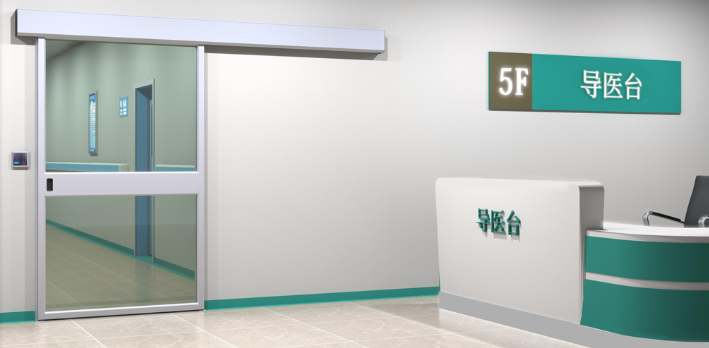
Although it may be tempting to trivialize hospital room doors as mere physical barriers, their utility extends well beyond their material existence. These doors function as the primary entry points to patient rooms, facilitating access for medical professionals, patients, and visitors alike. Furthermore, they establish a distinct boundary, demarcating the clinically sterile environment from the external world, thereby contributing significantly to infection control measures and the preservation of patient confidentiality.
Privacy Considerations
Privacy stands as a foundational pillar of healthcare, and within this context, the significance of hospital room doors becomes evident.
Physical Privacy
Hospital room doors serve as indispensable safeguards, shielding patients from unwarranted scrutiny. Functioning as tangible barriers, they carve out a sanctuary within the clinical realm, guaranteeing that those outside cannot encroach upon a patient's intimate space.
It turns out. This aspect of physical privacy is essential for patients undergoing medical examinations or surgeries, as well as those in vulnerable moments of undress or discomfort. In this case, the ward door acts like a sentinel. Maintain a patient's sense of humility and dignity even in the most challenging medical scenarios.
Emotional Privacy
Hospital room doors extend beyond the realm of physical privacy, substantially contributing to patients' emotional well-being. By providing patients with an enclosed and secure environment, these doors foster feelings of safety and personal space. In the often turbulent and uncertain milieu of a healthcare facility, the presence of a door can offer solace. Patients find reassurance in knowing that they possess a private refuge where they can grapple with their emotions, connect with loved ones, and contemplate their medical journey.
Furthermore, hospital room doors help delineate crucial boundaries essential for emotional well-being. They establish a clear demarcation between a patient's inner sanctum and the bustling activity of the hospital corridor. This separation can alleviate anxiety and stress, permitting patients to concentrate on their recovery or treatment without undue distractions.
Noise Control and Environmental Management
The Impact of Noise on Patient Recovery
The significance of noise levels in healthcare settings cannot be understated, as evidenced by numerous studies. Elevated noise levels can have significant adverse effects on patient health and recovery. Leading to increased stress and anxiety, disrupted sleep, and hindering the recovery process. Consistent findings highlight the critical role of quiet environments in promoting improved patient outcomes. The critical importance of noise control in the design and management of healthcare facilities is emphasized.
Doors as Sound Barriers
Hospital room doors assume a central role in the management of noise within healthcare facilities, with their design and material choices serving as key considerations.
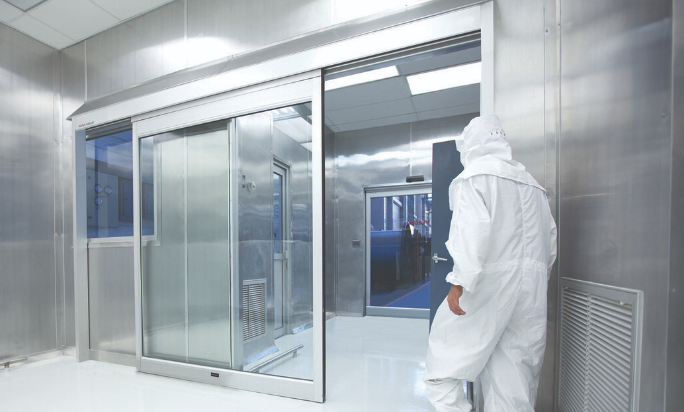
Material and Design Considerations: The materials and design elements chosen for hospital room doors wield considerable influence over their effectiveness in blocking noise. The incorporation of sound-absorbing materials, such as dense acoustic foam or laminated glass, can be integrated into door construction to curtail sound transmission. Furthermore, the implementation of proper seals and gaskets around the door frame is instrumental in preventing noise leakage. The thickness and weight of the door are additional factors that can impact its ability to block sound effectively.
Comparing door effectiveness in different hospital settings: The effectiveness of hospital ward doors in reducing noise may fluctuate depending on the specific medical environment. Intensive care units are critical to patient rest. Doors often have advanced soundproofing properties. on the contrary. Doors in less critical areas such as waiting rooms or administrative spaces may not require the same level of noise control. so. Door design and material selection should be tailored to the different requirements of each area within the healthcare facility.
Infection Control and Prevention: The Role of Hospital Room Doors
Hospital ward doors play a vital role as the primary line of defense against the spread of contaminants. Play a key role in curbing the spread of infectious agents.
Contaminant Containment: Hospital ward doors are important barriers. Effectively prevents microorganisms, bacteria and viruses from moving easily from one area to another.
Choosing Between Automated and Manual Doors: The decision regarding automated or manual doors in infection control bears significant importance. Automated doors, which can be operated without physical contact, markedly reduce the risk of cross-contamination via surface contact. On the other hand, manual doors, while still effective when used with proper hand hygiene, necessitate extra diligence to ensure strict adherence to infection control protocols.
Accessibility and Safety: Hospital Room Doors
Accessibility Standards
Modern hospital door design prioritizes accessibility to ensure that all patients, regardless of physical abilities, can easily use them. This commitment aligns with stringent accessibility standards and guidelines.
Universal Design Principles: Contemporary hospital door designs follow universal design principles. Emphasis is placed on creating spaces and functions that can be used by people of all abilities. This includes installing wider doorways to accommodate wheelchairs and mobility aids. As well as ensuring the door can be operated with a minimum of physical effort.
Safety Measures
Safety is paramount in healthcare settings, and hospital doors incorporate various features to prevent injuries and adhere to emergency protocols.
Finger Pinch Protectors: To prevent injuries, many hospital doors are equipped with finger pinch protectors. These mechanisms are designed to minimize the risk of fingers or hands getting caught in the door's moving parts, thereby reducing the potential for accidents.
Fire Safety: Hospital doors are an integral part of a facility's fire safety plan. They are designed to meet fire safety regulations and can serve as effective barriers in the event of a fire, helping to contain smoke and flames. Additionally, hospital staff are trained in emergency protocols related to doors, such as using them as exit routes during evacuations.
CONCLUSION
In essence, hospital room doors are integral to the delivery of patient-centered care, upholding the principles of privacy, safety, and accessibility. Understanding its multifaceted importance is critical for healthcare professionals, architects, and facility managers. Because they will continue to improve the healthcare environment for the benefit of patients and healthcare providers.
-
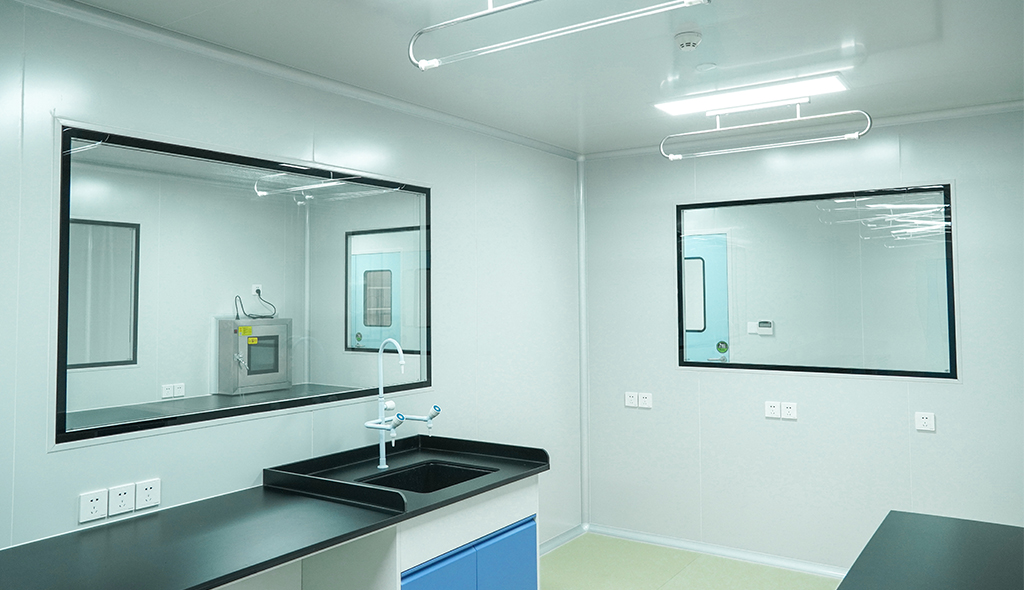 Cleanroom Glass Windows Are The Key to Maintaining a Clean Environment
Cleanroom Glass Windows Are The Key to Maintaining a Clean Environment -
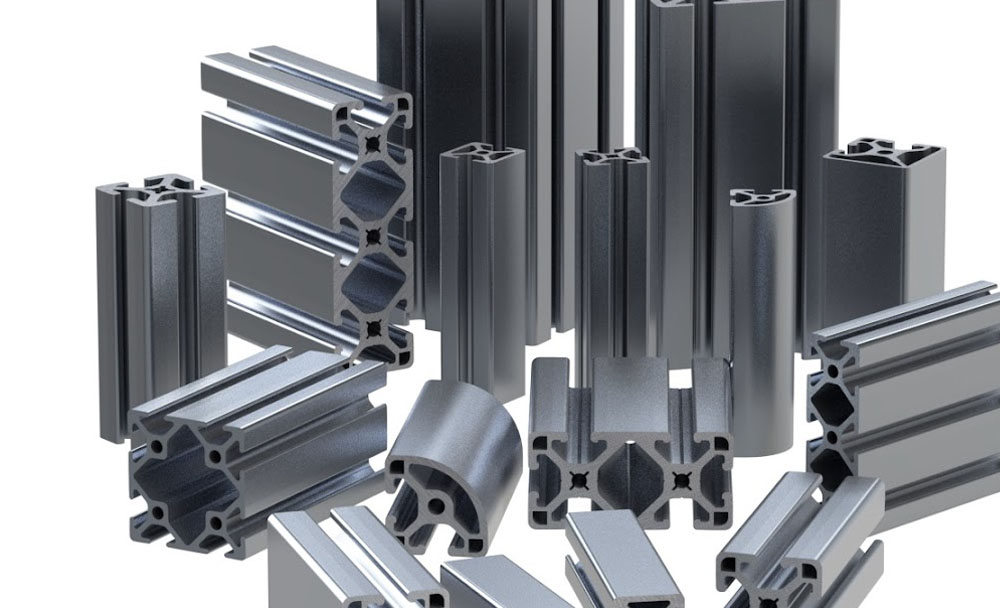 Top Aluminium Profile Manufacturers in China: Leading the Global Market
Top Aluminium Profile Manufacturers in China: Leading the Global Market -
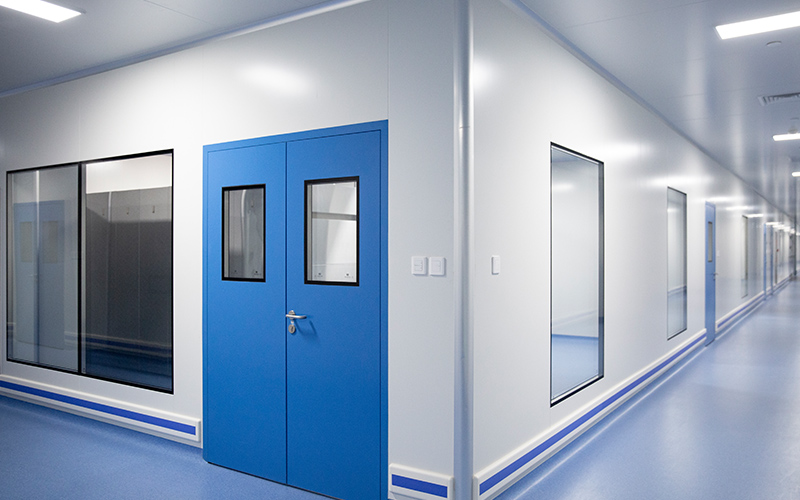 The Evolution of Air Tight Sliding Doors
The Evolution of Air Tight Sliding Doors -
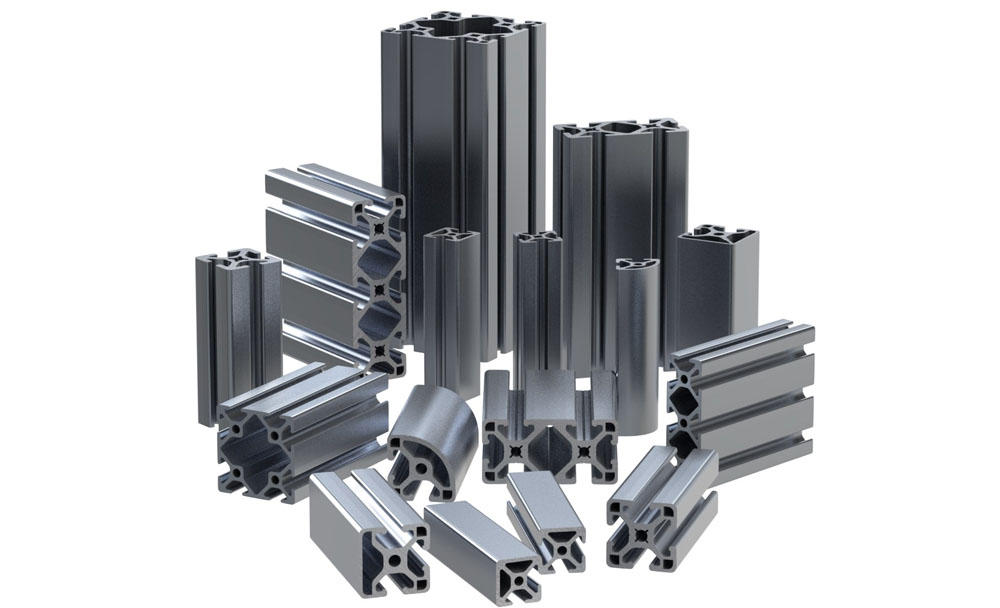 AHU Aluminium Profile: A Comprehensive Guide
AHU Aluminium Profile: A Comprehensive Guide -
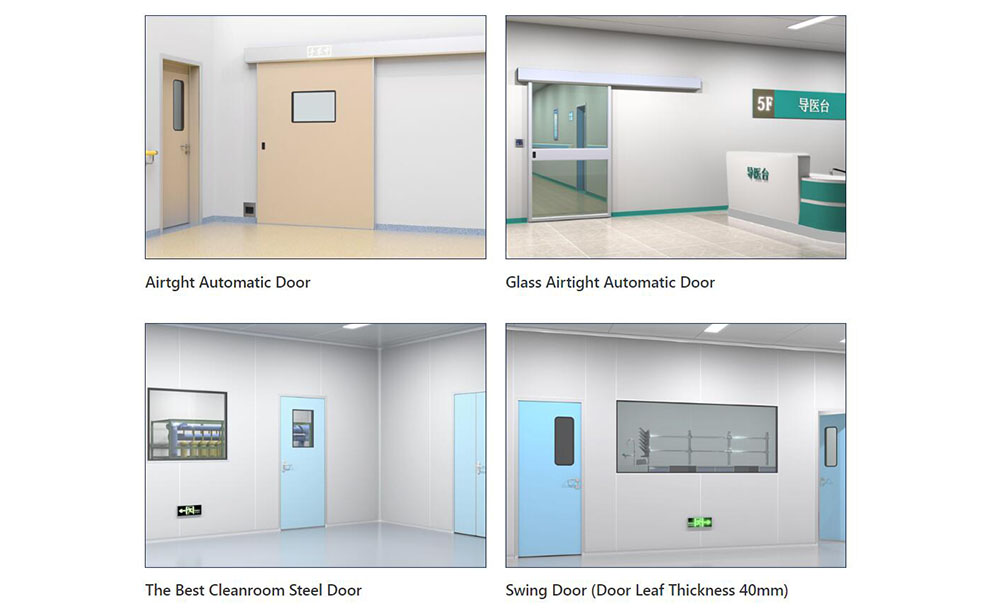 The Importance of Choosing the Right Cleanroom Door in Vietnam
The Importance of Choosing the Right Cleanroom Door in Vietnam -
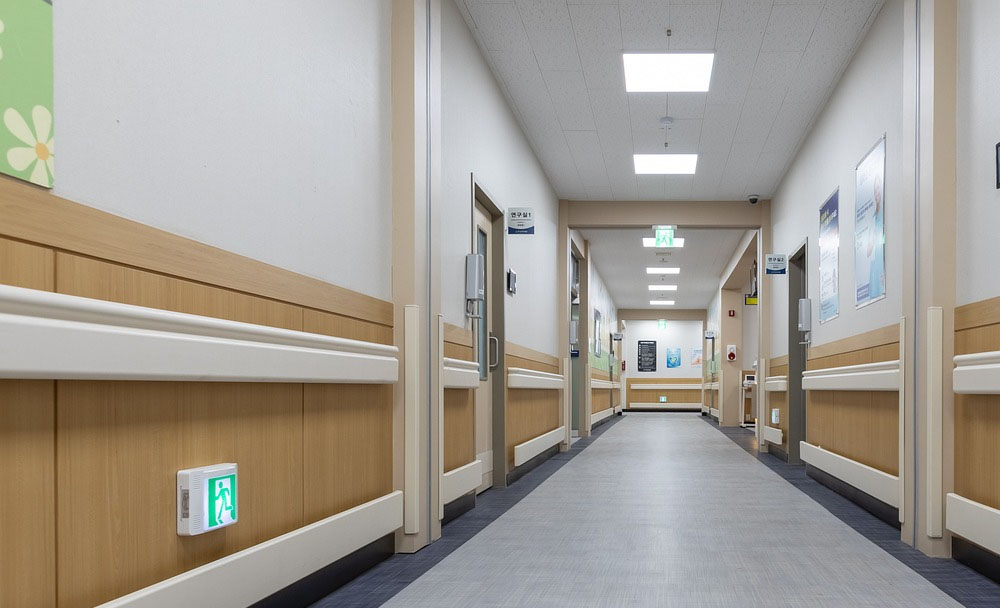 The Benefits of Hospital Automatic Doors: Enhancing Efficiency and Safety
The Benefits of Hospital Automatic Doors: Enhancing Efficiency and Safety -
.jpg) The Best Bathroom Door Manufacturers - Unlocking Endless Possibilities!
The Best Bathroom Door Manufacturers - Unlocking Endless Possibilities! -
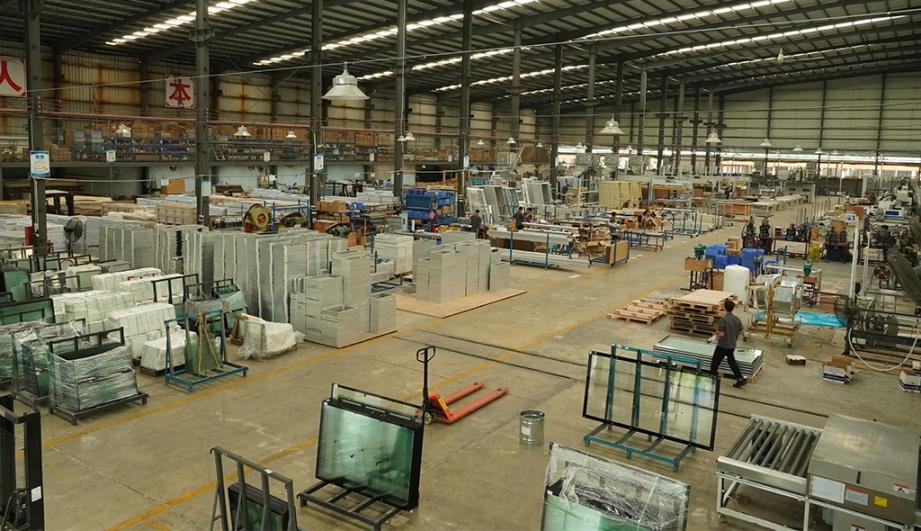 Unlock the Possibilities with AJ Manufacturing Doors
Unlock the Possibilities with AJ Manufacturing Doors -
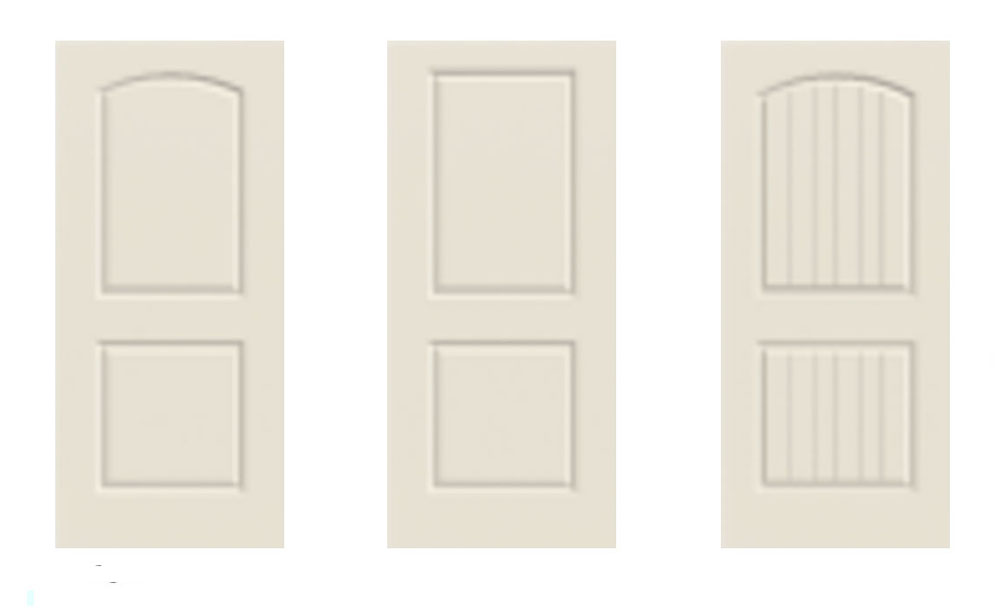 Make a Statement with Manufactured Home Interior Doors!
Make a Statement with Manufactured Home Interior Doors! -
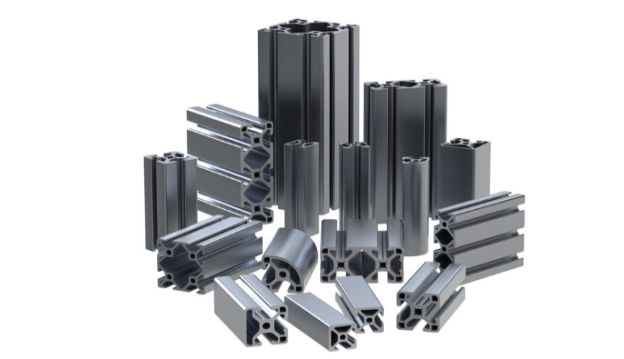 what is aluminum profile? Aluminum Profiles for Your Home is the best option
what is aluminum profile? Aluminum Profiles for Your Home is the best option
-
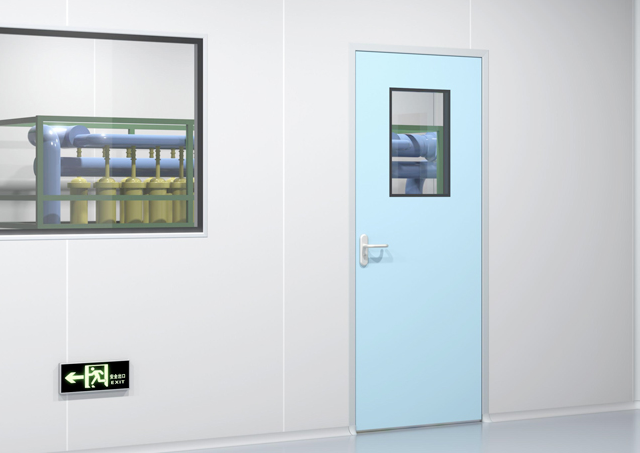 Next-Gen Medical Cleanroom Access: Introducing the Cleanroom Steel Door Solution
Next-Gen Medical Cleanroom Access: Introducing the Cleanroom Steel Door Solution -
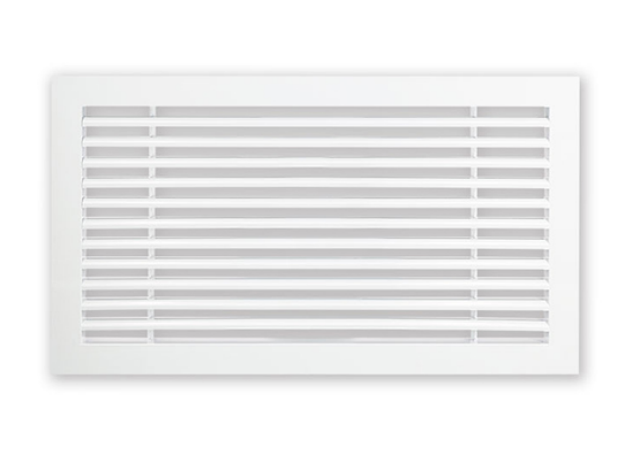 Linear Bar Grille Air Conditioning Diffuser with 0° Angle Blades for Perfect Airflow
Linear Bar Grille Air Conditioning Diffuser with 0° Angle Blades for Perfect Airflow -
 The Sleek and Efficient Linear Slot Diffuser for Air Vent
The Sleek and Efficient Linear Slot Diffuser for Air Vent -
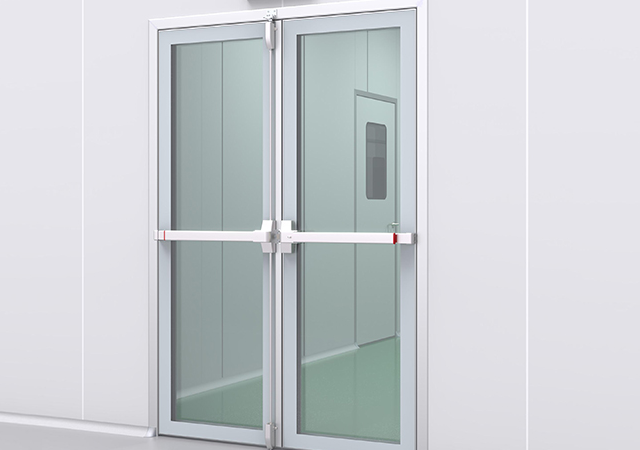 Double-Swing Glass Doors - Modern Laboratory Cleanroom Doors
Double-Swing Glass Doors - Modern Laboratory Cleanroom Doors -
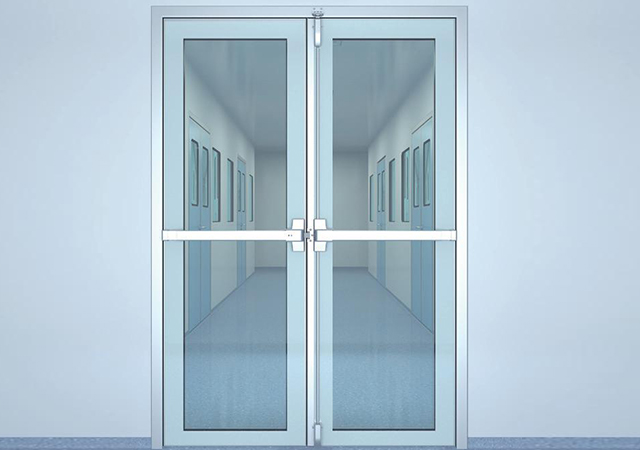 Superior Aluminium Glass Swing Door - Pharmaceutical Cleanroom Door
Superior Aluminium Glass Swing Door - Pharmaceutical Cleanroom Door -
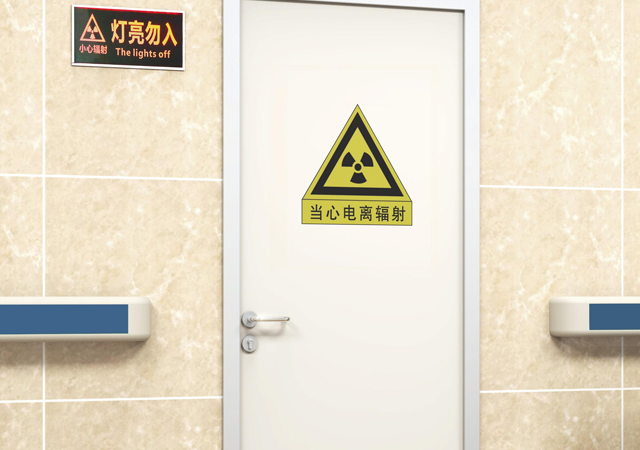 E-ZONG Leads the Way in China's Medical Lead Protection Doors: Innovation for Safety and Efficiency
E-ZONG Leads the Way in China's Medical Lead Protection Doors: Innovation for Safety and Efficiency -
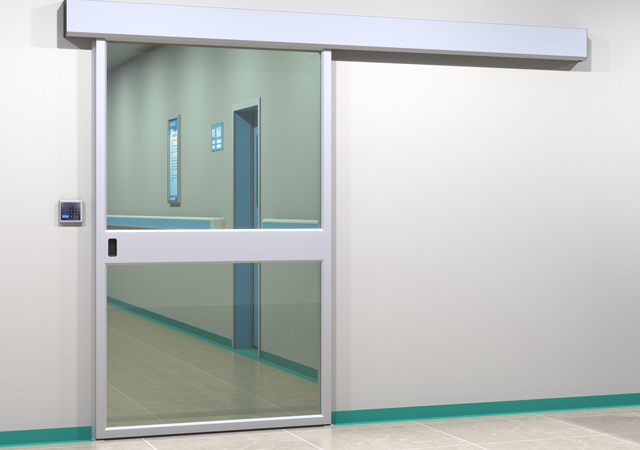 E-ZONG: Leading the Suppliers of Glass Airtight Automatic Doors for Safer, Cleaner Spaces
E-ZONG: Leading the Suppliers of Glass Airtight Automatic Doors for Safer, Cleaner Spaces -
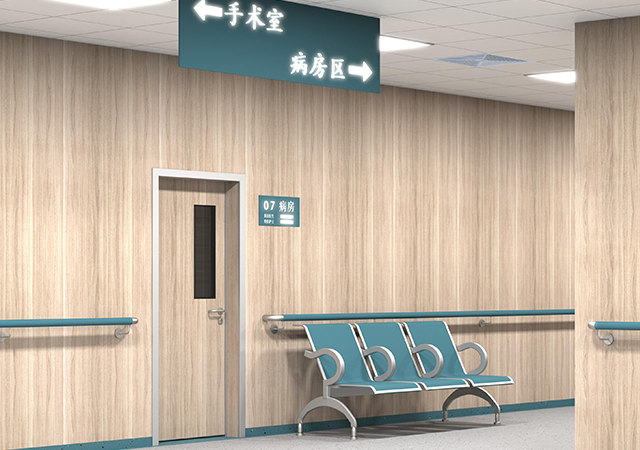 How Wall Air-Tight Swing Doors Ensure Clean Environments With Secure & Silent
How Wall Air-Tight Swing Doors Ensure Clean Environments With Secure & Silent -
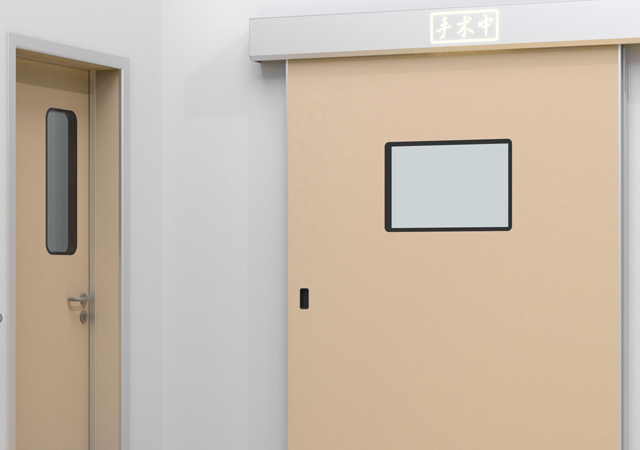 Seamless Automatic Cleanroom Sliding Doors: Smooth, Safe, and Hygienic Solutions
Seamless Automatic Cleanroom Sliding Doors: Smooth, Safe, and Hygienic Solutions -
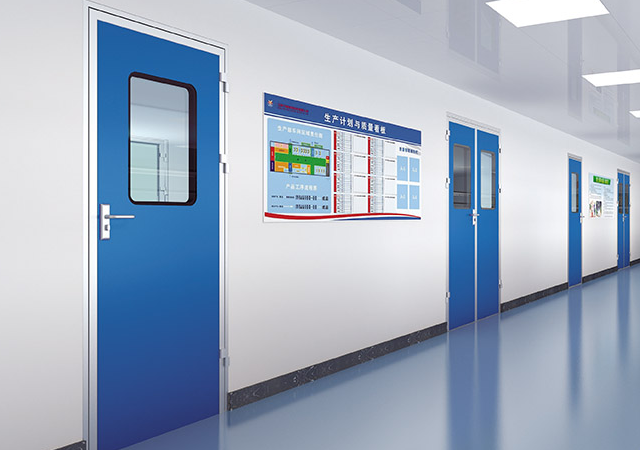 Elegant & Durable: Premium Swing Door Protection for Hospitals
Elegant & Durable: Premium Swing Door Protection for Hospitals

Guangzhou Yizhong Aluminum Industry Co., Ltd.
We are always providing our customers with reliable products and considerate services.
We are always providing our customers with reliable products and considerate services.
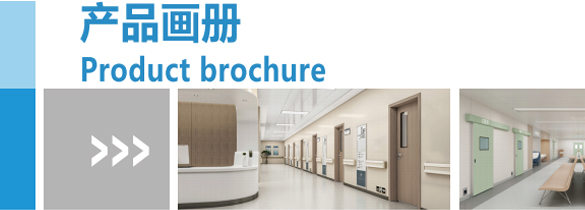









Speak Your Mind